It’s hard to find good parents in fiction. A lot of books deal either with the lack of a parent or a parent’s complete unsuitability for the role. But there are a few good ones out there, parents who make you think, “Gee, I wish my parents were like that.” Behold: Parents (or parental types) we wish were ours—or that we wish we could be.
1. Atticus Finch from To Kill a Mockingbird
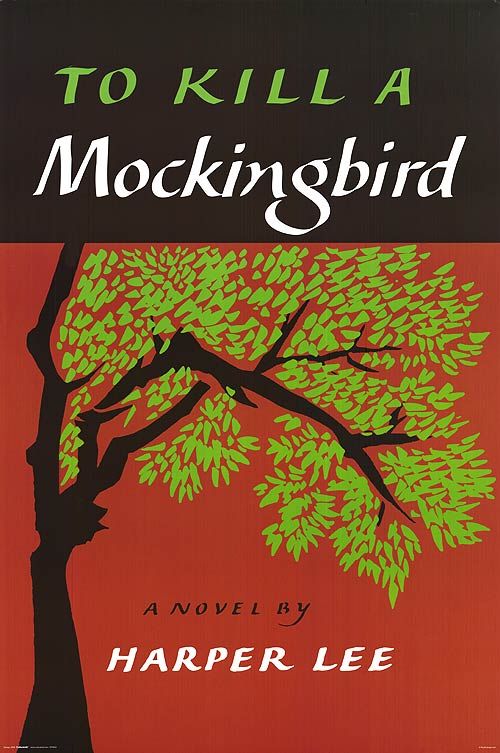
The widowed father of Jem and Scout, Atticus Finch is one of the great heroes of American literature. Steering his young children along the path of moral rectitude is hard in the Jim Crow South, and when Atticus, a lawyer, unsuccessfully defends an innocent black man from charges that he raped a white woman, it becomes even more difficult. But his own belief in rightness, morality, and good, even in the face of an unfair world, is communicated to his kids—and to the world. His impact on the legal profession, especially in the South, was also profound: The Atticus Finch Society, part of the Alabama Law Foundation, was founded to serve the legal needs of the poor and named after a fictional lawyer who “epitomizes the type of professional, and person, lawyers strive to be.”
2. and 3. Alex and Kate Murry from A Wrinkle in Time
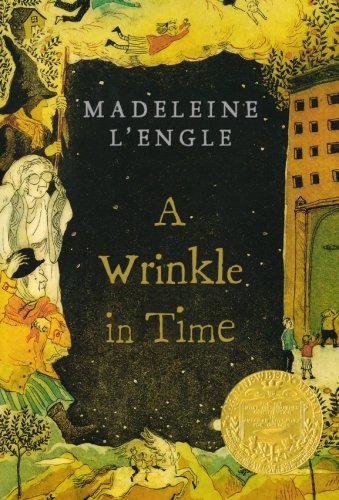
Tesseracts are real, and Meg and Charles Murry’s scientist father has disappeared into one—and it’s up to these two brilliant but socially awkward children to save him. When it was published in 1962, A Wrinkle in Time was a sci-fi gift to all those nerdy kids out there for whom Star Trek hadn’t yet been invented. And the Murry parents—beautiful and smart microbiologist Kate and tesseract physicist Alex—made being scientists seem so cool. Who wouldn’t want parents like that?
4. and 5. The Weasleys from Harry Potter Series
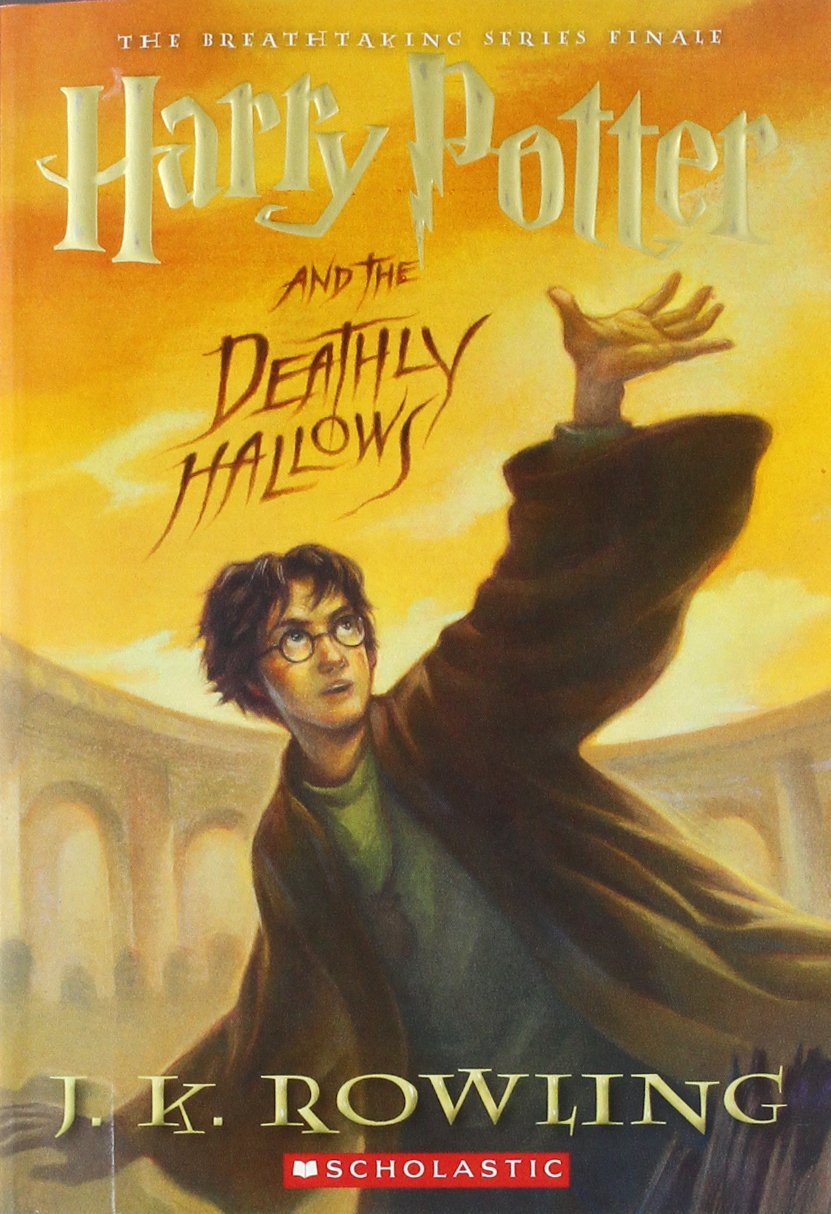
Harry Potter wanted them to adopt him—and we wouldn’t mind either. Though Harry was already remarkably well-adjusted for a child who’d been forced to sleep in a spider-filled cupboard under the stairs, his friendship with the Weasleys showed him what a loving family really looked like. Mom Molly was kind, fiercely protective of her children—her battle with Bellatrix Lestrange in the final book was immensely satisfying—and knitted a mean jumper. Dad Arthur was slightly bumbling, loved Muggle stuff, and was still a kid at heart. Best of all, they loved each other as much as they loved their children.
6. Marmee from Little Women
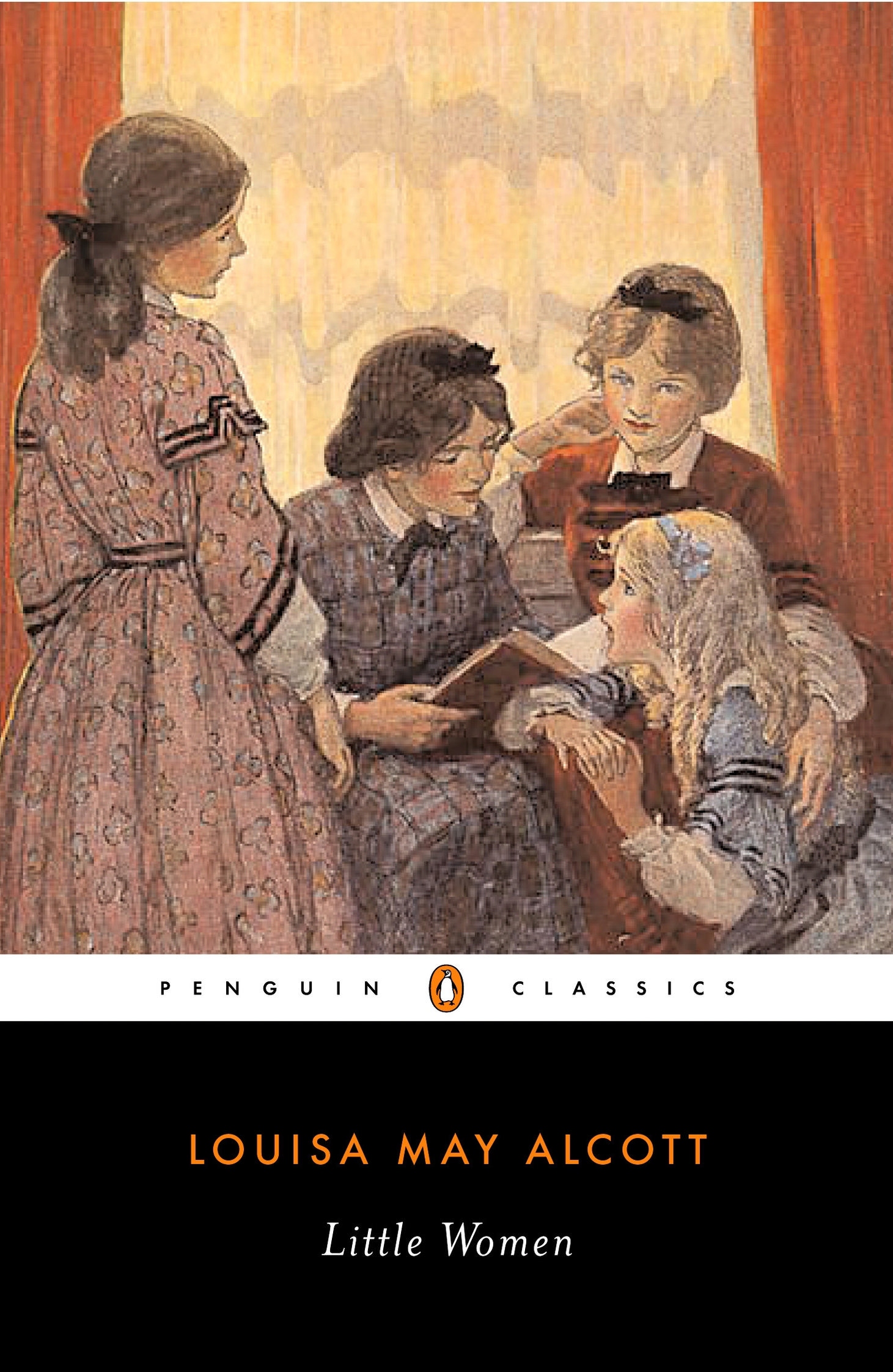
Marmee is the glue that holds the Little Women together through the Civil War and their father’s long absence. Kind and charitable, she’s their moral compass, their comfort in troubled times. Without her, the four girls—Jo, Meg, Amy and Beth—are lost.
7. and 8. Mr. and Mrs. Little from Stuart Little
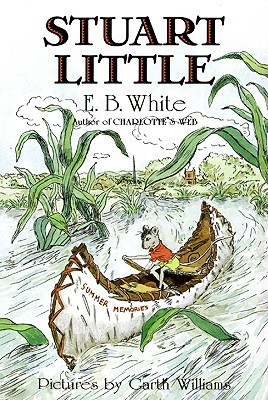
Interspecies procreation is typically cause for concern, but not for Mr. and Mrs. Little. When their son, Stuart, was born a mouse, the kind (though perhaps a bit dense) Littles treated him just like any other member of the family. A member of the family who had a long tail, whiskers, slept in a cigarette box and could climb up lamp cords.
9. and 10. Ma and Pa Ingalls from Little House on the Prairie
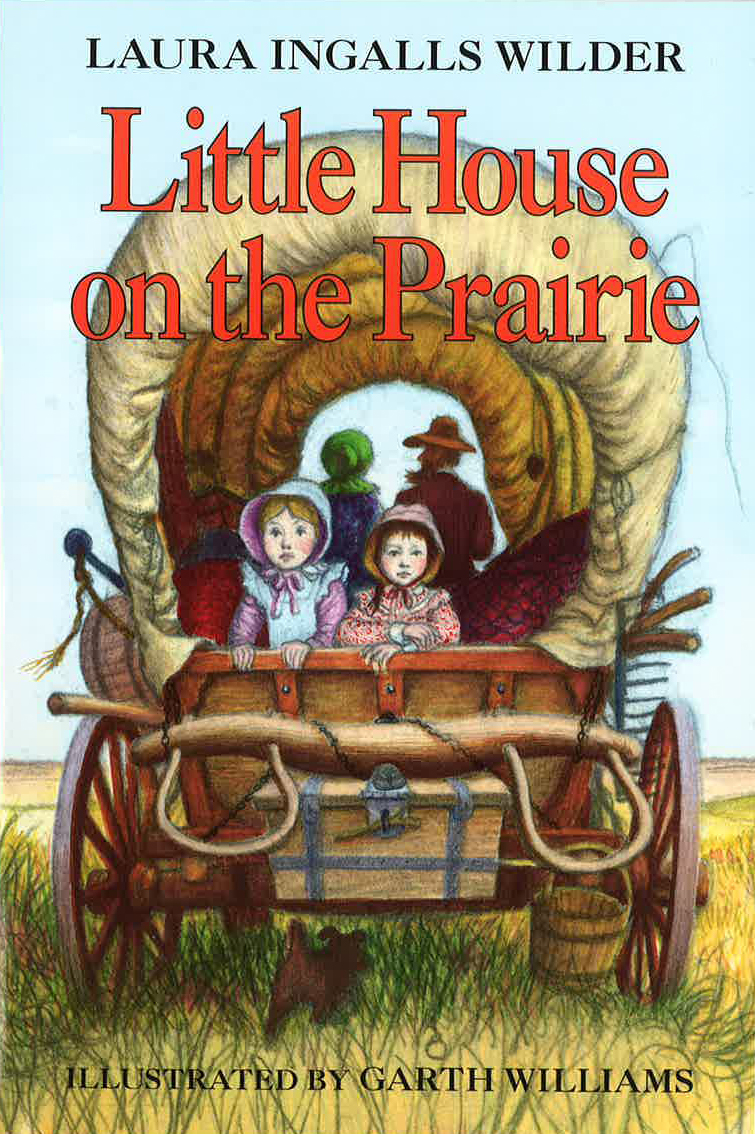
Though Laura Ingalls Wilder’s stories of growing up in the Indian Territory, now Kansas, in the mid- to late-19th century are actually autobiographical, the books tend to be found in the children’s fiction part of the bookstore, so they make the list. Pa was a true pioneer with a serious case of wanderlust: He could build a house by hand and skin a rabbit, but still remained a gentleman, kind, courteous and upstanding. Ma Ingalls, a true pioneer wife, instructed her children to treat others with care.
11. and 12. Mr. and Mrs. Quimby from Ramona Series
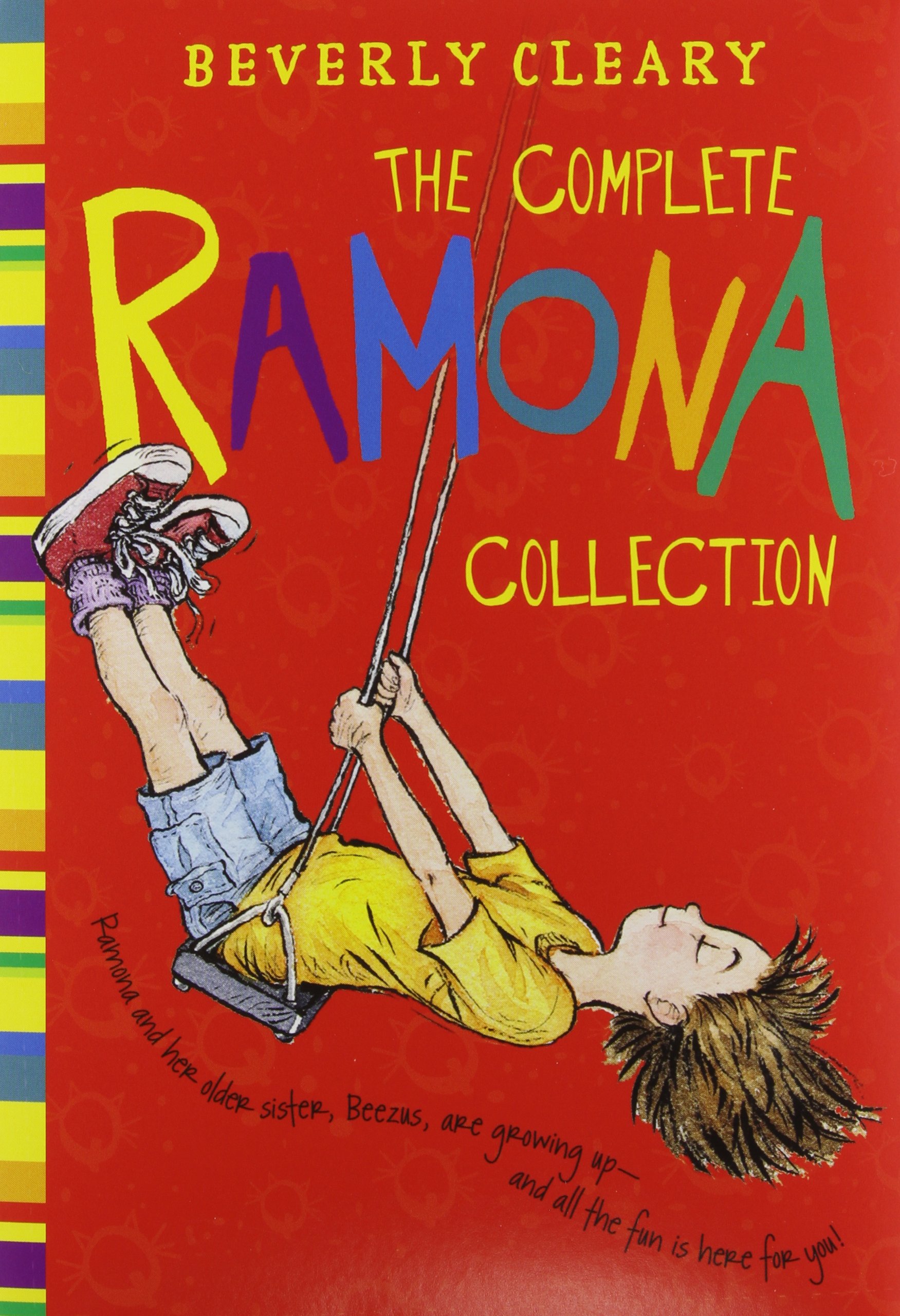
Ramona Quimby, age 8, is a bit of a handful. Her imagination—and she’s got lots of it—often gets her into situations, like the time she went to school with her pajamas under her clothes because she was pretending to be a fireman. Or the time she put her doll in the oven. Or the time she squeezed an entire tube of toothpaste into the sink.
Her parents, Bob and Dorothy, meanwhile, are real parents, who have to deal with real things like quitting smoking, having children young, getting laid off, and 8-year-olds who accidentally dye themselves blue. And they even get in fights, like real parents do. But throughout it all, they manage to remain patient and affectionate with their children; they’re not perfect, but they’re pretty good.
13. – 16. Baloo the Bear, Bagheera the Black Panther, and the Wolves from The Jungle Book
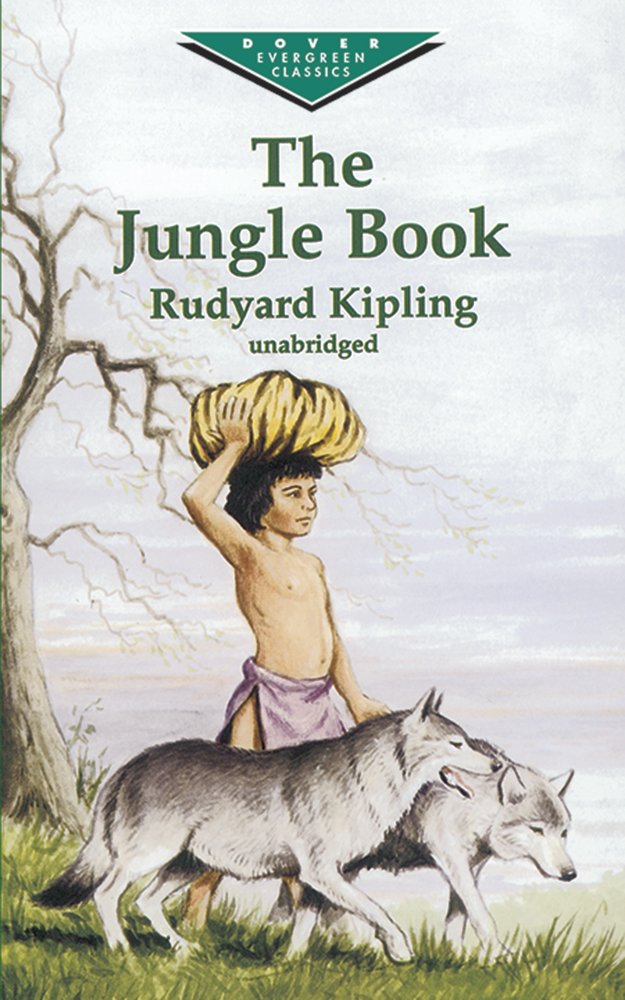
After they save him from becoming tiger Shere Khan’s meal, Father Wolf and Mother Wolf raise the hairless man-cub Mowgli as one of their own. But it’s up to Baloo the sleepy bear and Bagheera the panther to teach the boy the Law of the Jungle—thereby becoming the coolest godparents in the world.
17. and 18. The Gilbreths from Cheaper by the Dozen
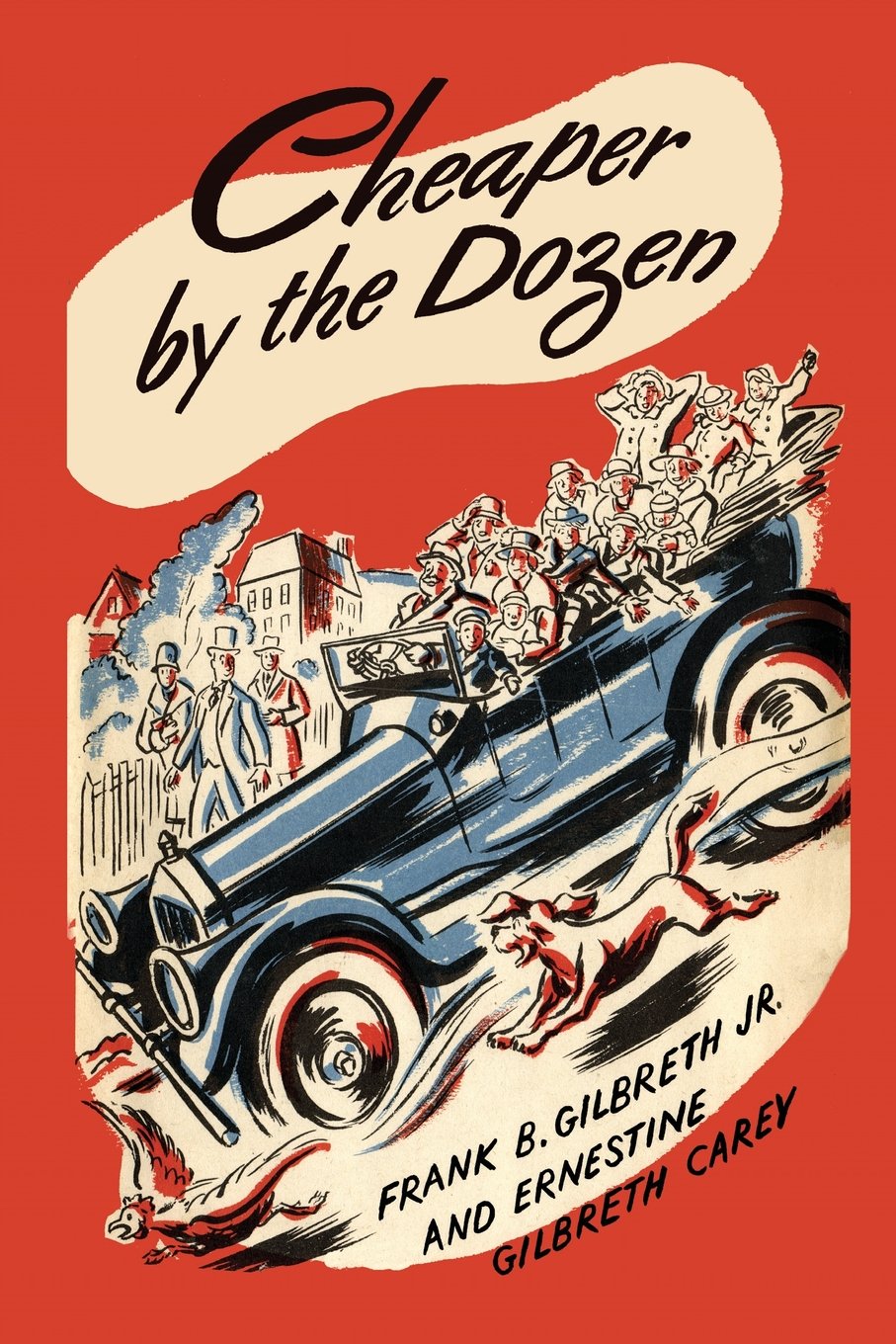
So, the Gilbreths were actual people, not fiction, and this charming book, published in 1948, is a biography written by their children. But—and we mean this as a compliment—the parents are so lovely as to almost seem made up. Frank Gilbreth and his wife, Lillian, are world-famous efficiency experts whose studies in time and motion changed the way people worked. If Frank had his way, they would have also changed the way people raised children, especially after their incredible fecundity produced 12 kids. Having an even dozen children meant that the Gilbreths could apply some of their expertise in their Montclair, New Jersey, home. Hilarity ensues, as does an overwhelming sense of warmth and happiness.
The two children wrote a follow up book, Belles on Their Toes, recounting what happened after Frank’s death in 1924, which left Lillian with a house full of children, the youngest just 2 years old, and a business to run. Mother Lillian managed to keep it all together, with good humor and warmth, and the book manages to stay away from the maudlin.
19. and 20. The Cuthberts from Anne of Green Gables
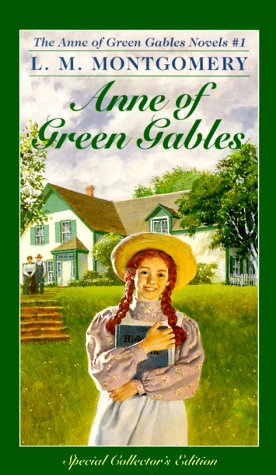
In L.M. Montgomery’s series about the red-haired orphan Anne Shirley, the Cuthberts are a brother and sister who, living together alone on their Prince Edward Island farm with no prospective children, decide they need to take in an orphan to help out with the work. They’d wanted a boy; they got Anne—spirited, imaginative, dramatic Anne. The two grow to love and care for her deeply in different ways: Where Matthew quietly encourages Anne’s flights of fancy and frivolity, Marilla offers a steely structure and hidden warmth. Matthew’s death from a heart attack at the end of Anne of Green Gables, the first book in the series, is eye-wateringly tragic, but Anne’s devotion to stern Marilla is a testament to the strength of their relationship.
21. and 22. Caractacus and Mimsie Pott from Chitty-Chitty Bang Bang: The Magical Car
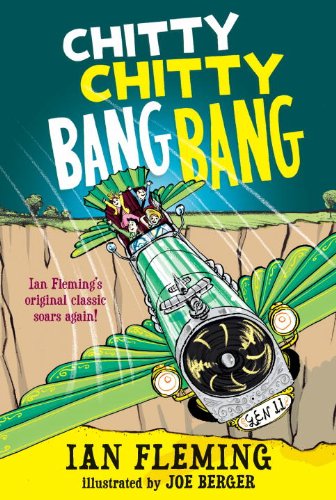
To be clear: this is not the Disney film Chitty-Chitty Bang-Bang featuring Dick Van Dyke (although having most any character Dick Van Dyke has ever played as a father would be pretty great, from Rob Petrie to Bert to Mark Sloan). In Ian Fleming’s 1964 children’s book, Chitty-Chitty Bang-Bang: The Magical Car, there are two Potts, mother Mimsie and father Caractacus, a Royal Navy Commander and crack-pot inventor who comes across the magnificent car with a rich inner life of its own. Potts is a fun dad, one who tells his children, “Never say ‘no’ to adventures. Always say ‘yes,’ otherwise you’ll lead a very dull life.” When their twin 8-year-old boy and girl are kidnapped by gangsters with a dastardly plan to rob a Parisian chocolate shop, the Potts and their loyal car set off to rescue them. International intrigue and gadgetized cars are pure vintage Fleming, but the love between an adventurous father and his children speaks to the Bond author’s softer side—he wrote the book for his own son, Caspar, but died before seeing it in print.
23. Carson Drew from The Nancy Drew Mystery Series
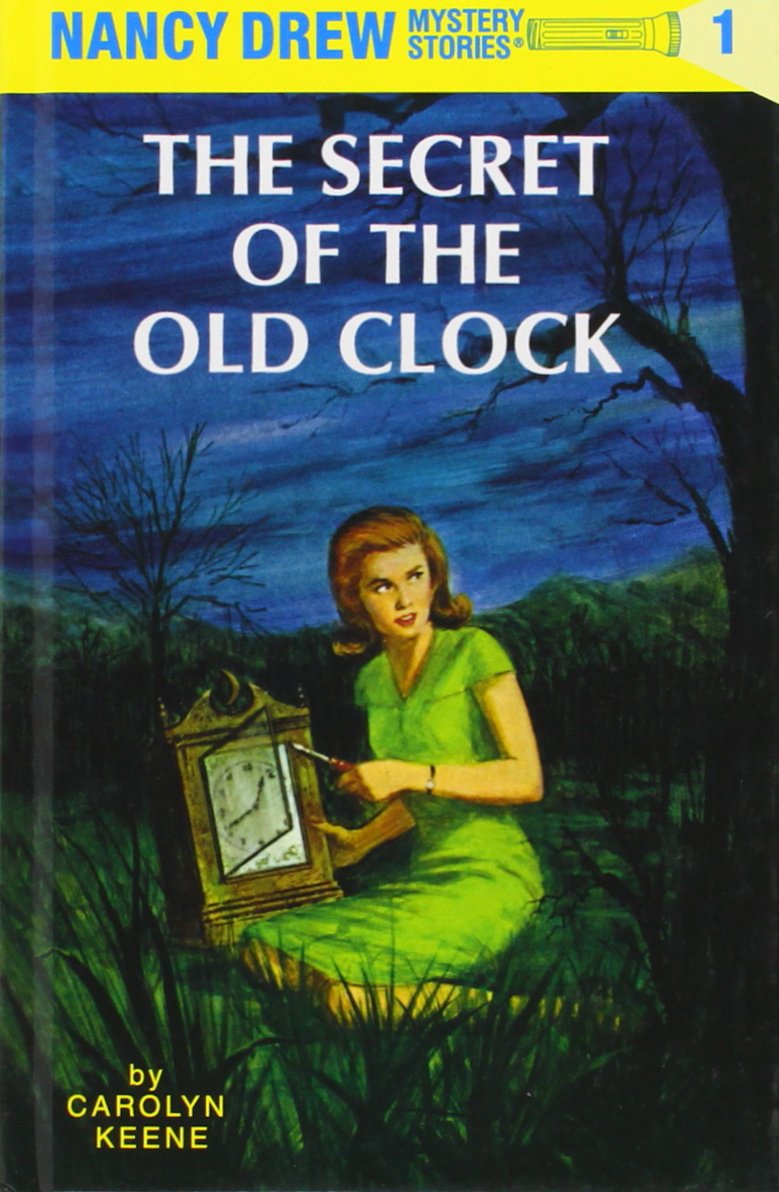
Nancy Drew, the great girl detective, wouldn’t have been quite so successful if it hadn’t been for both the encouragement and neglect of her father, important River Heights lawyer Carson Drew. The elder Drew’s attitude towards his daughter changed as the book series continued, possibly due in part to changing parental attitudes—leaving your 16-year-old daughter to her own devices while you’re away on business is the kind of thing that seemed like a good idea before Facebook and hashtag parties. But throughout, he remained a supporter of his sleuth daughter, encouraging her exploits, helping her figure out clues, and even relying on her when he needed help himself.
24. and 25. Ben Moore and Cillian Boyd from The Knife of Never Letting Go, Chaos Walking Series
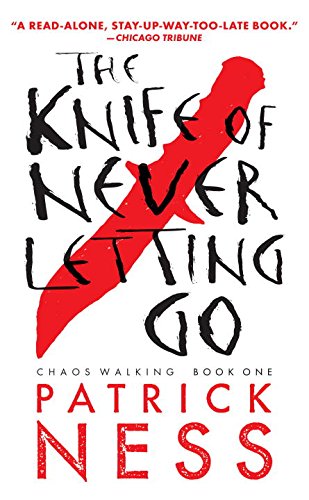
Raising a child right is hard enough; raising him right when everything around you is so incredibly wrong is even more difficult. In Patrick Ness’s The Knife of Never Letting Go, the first in the masterful Chaos Walking trilogy, Todd Hewitt, nearly 13, is the last boy in Prentisstown, a damned settlement on a new world where the women and half the men were killed nearly a decade before. The remaining men are afflicted with “the Noise”—the constant cacophony of the thoughts of almost every living thing around. Ben Moore and Cillian Boyd are Todd’s adoptive parents, who took him in when his own were killed. But since then, while they’ve raised him, loved him, literally listened to every thought in his head, and instilled in him a sense of morality, they’ve been secretly plotting his escape … even though it almost surely means their own deaths.
26. Sam Gribley’s Dad from My Side of the Mountain
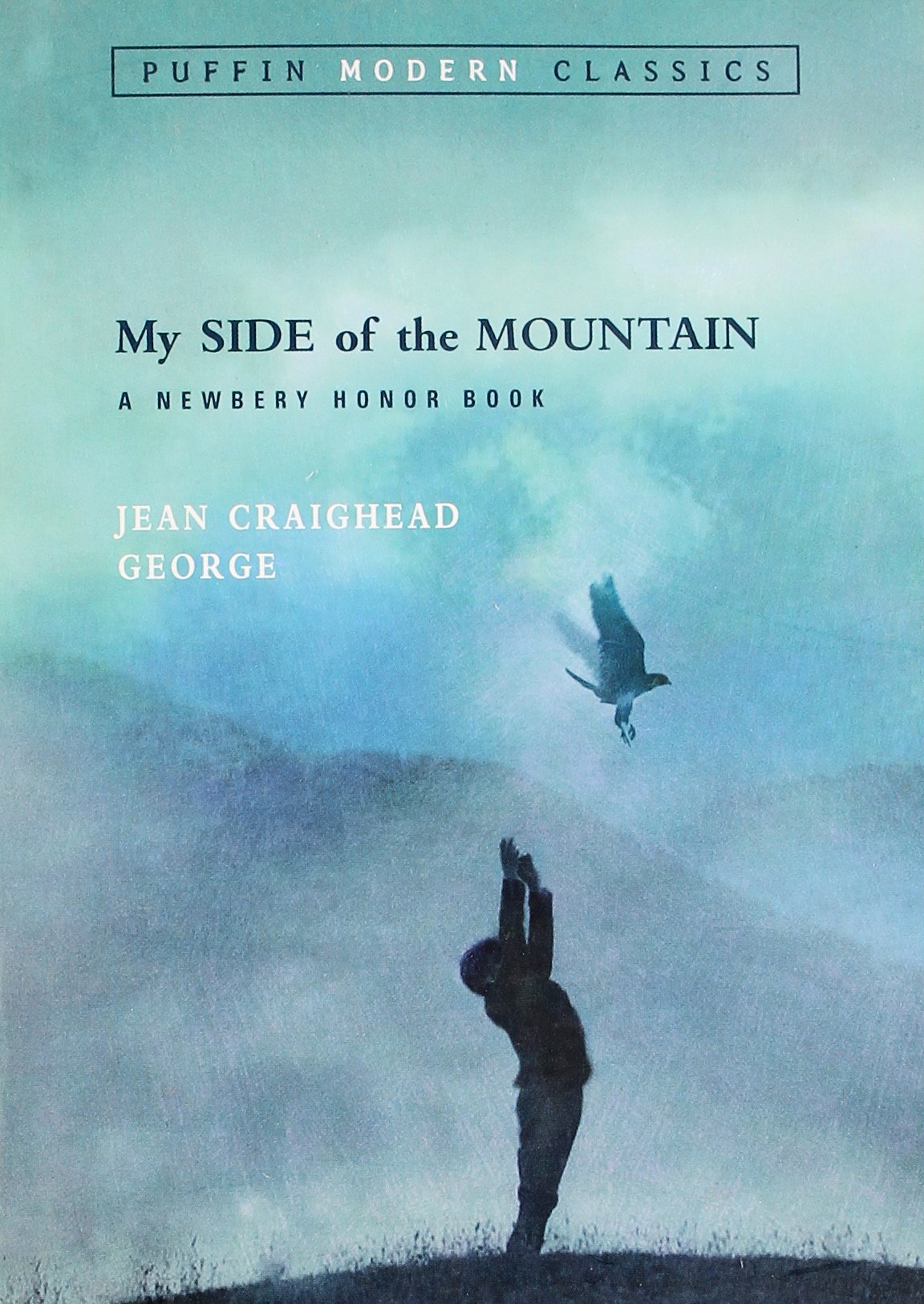
Talk about free-range parenting. When Sam Gribley gets tired of living in his large family’s overcrowded New York apartment, he does what any self-sufficient 12-year-old would do: Teaches himself wilderness survival from a book he found in the public library and sells magazine subscriptions until he can afford a bus ticket to the Catskills, where he plans to live off the land at his family’s abandoned farm. And his dad lets him. No, really. But what could have become a tale of terrible parental irresponsibility is, in fact, a story of one boy’s self-reliance and passion for nature and the parent who trusted him enough to let him dive off the grid. In the end, Dad Gribley, inspired by Sam, decides that living in the city is no place for a family and moves the entire brood up to the abandoned farm. Fresh air for all!
27. Mame Dennis from Auntie Mame: An Irreverent Escapade
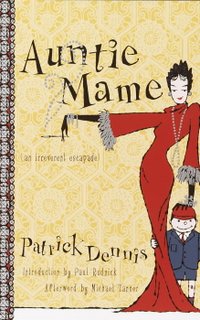
The flamboyant, eccentric, wonderful Auntie Mame of the 1955 book of the same title is absolutely the kind of accidental parent we’d love to have. In 1928, 10-year-old Patrick Dennis becomes the ward of his father’s unflappable flapper sister, Mame Dennis, after his parents’ deaths. Hers is a boozy, glamorous world populated by artists, poets, and bohemians that, to conventional types at least, would hardly seem suitable for a little boy. Yet Mame carves out a place for Patrick—involving a truly avant garde nude elementary school, among other things—and their tender relationship endures Mame’s scandalous society and wild whims, her rich husband who fell off the Matterhorn, and even Patrick’s atrocious fiancé.
The book was a sort of quasi-fictional memoir and “Patrick Dennis” was the pseudonym of the enormously witty Edward Everett Tanner III, who based Mame on his own aunt, the self-described “ultimate Greenwich Village eccentric” Marion Tanner. Tanner’s own life was no less a study in eccentricity: He was an ambulance driver in World War II, wrote numerous best-selling books under pseudonyms, led, as his Random House biography says, “a double life as a bisexual man and a conventional husband and father,” and was a character of some renown in New York’s bohemian scene until financial ruin led him to spend the last years of his life as a butler in Palm Beach.
28. Katie Nolan from A Tree Grows in Brooklyn
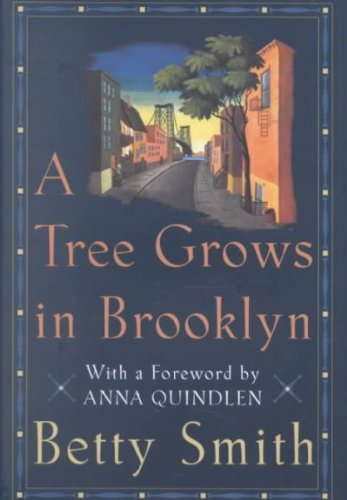
In Betty Smith’s 1943 coming of age novel, A Tree Grows in Brooklyn, protagonist Francie’s favorite parent, the parent who seems to get her, isn’t her mother, Katie; it’s her creative, sentimental father, Johnny. But after Johnny’s alcoholism consumes him, making it virtually impossible for him to hold a job, it’s Katie who keeps the family afloat. Katie’s grit and determination that her children should have a better life than she had is the kind of tough love that gives Francie the tools she’ll need to survive.
29. Mrs. Frisby from Mrs. Frisby and the Rats of Nimh
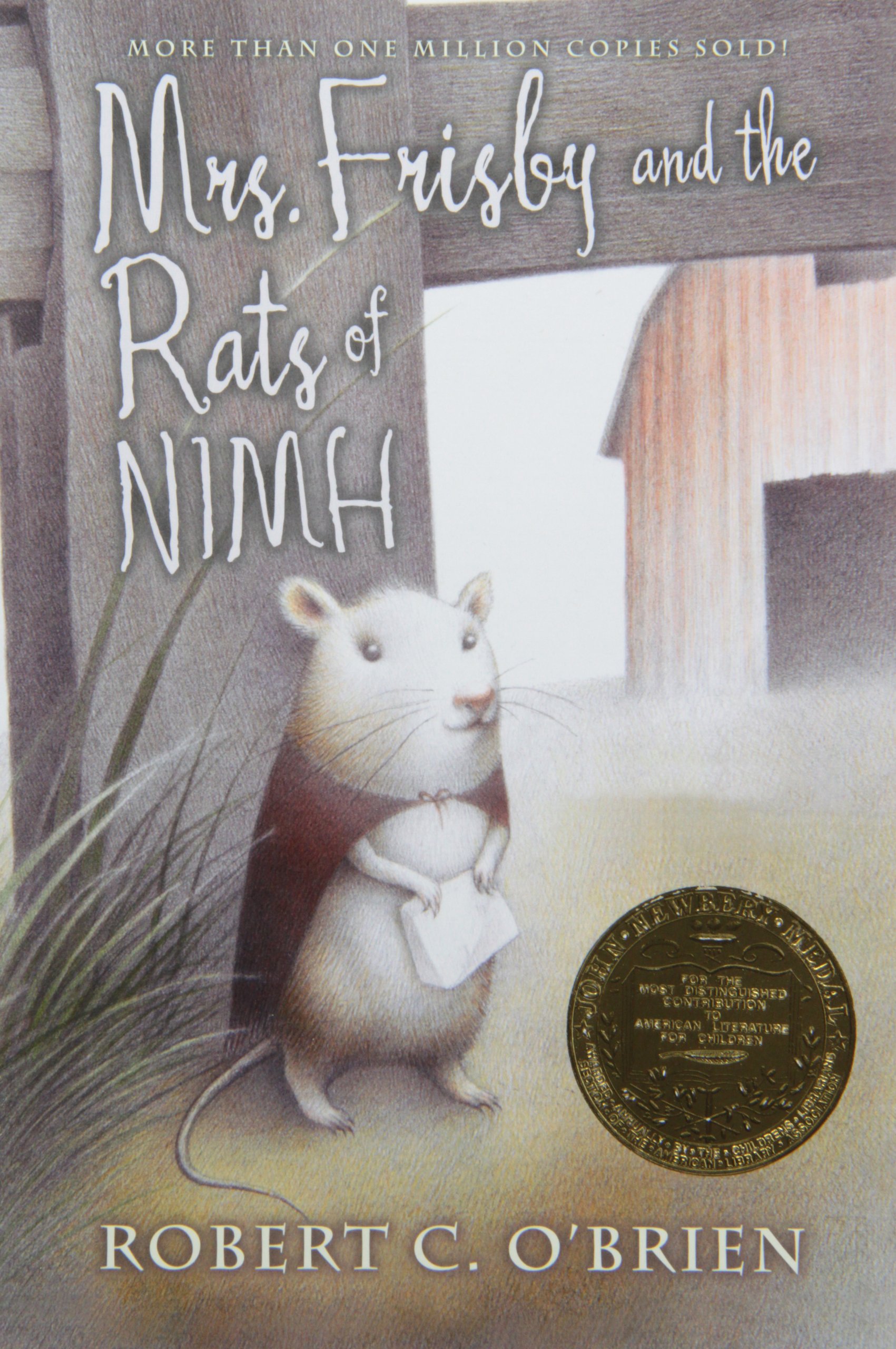
Sometimes being a parent is about doing things that absolutely terrify you for the good of your children. Mrs. Frisby, heroine of Robert O’Brien’s 1971 children’s book about the wonder and horror of scientific experimentation, is kind, sweet, and, when it comes down to it, tough as nails. Though the titular “rats of NIMH” had the benefit of laboratory experimentation that made them super smart and super strong (although possessing a somewhat questionable moral compass), Mrs. Frisby is just a regular field mouse. Still, it’s her bravery – drugging a cat! – and selflessness that saves her family and the rats themselves. Hats off to you, Mrs. F.!
30. The Man from The Road
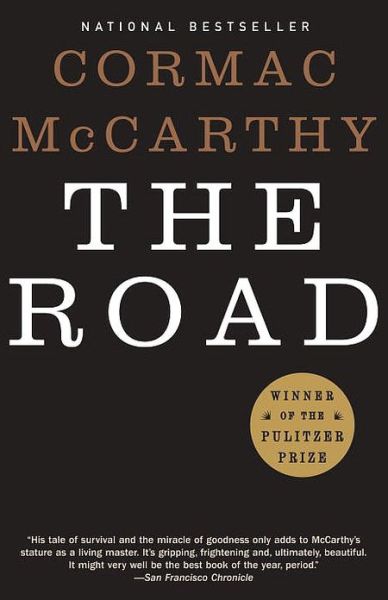
Like much of his work, Cormac McCarthy’s The Road is grim. Really, really grim. But the post-apocalyptic travelogue is also a testament to the love between a father, the unnamed man, and his son. The Man is the kind of parent we’d like to have in the aftermath of some cataclysmic world event. We just desperately hope we wouldn’t ever need him.
This article originally appeared on Mental Floss.
More from Mental Floss:
More Must-Reads from TIME
- Donald Trump Is TIME's 2024 Person of the Year
- Why We Chose Trump as Person of the Year
- Is Intermittent Fasting Good or Bad for You?
- The 100 Must-Read Books of 2024
- The 20 Best Christmas TV Episodes
- Column: If Optimism Feels Ridiculous Now, Try Hope
- The Future of Climate Action Is Trade Policy
- Merle Bombardieri Is Helping People Make the Baby Decision
Contact us at letters@time.com